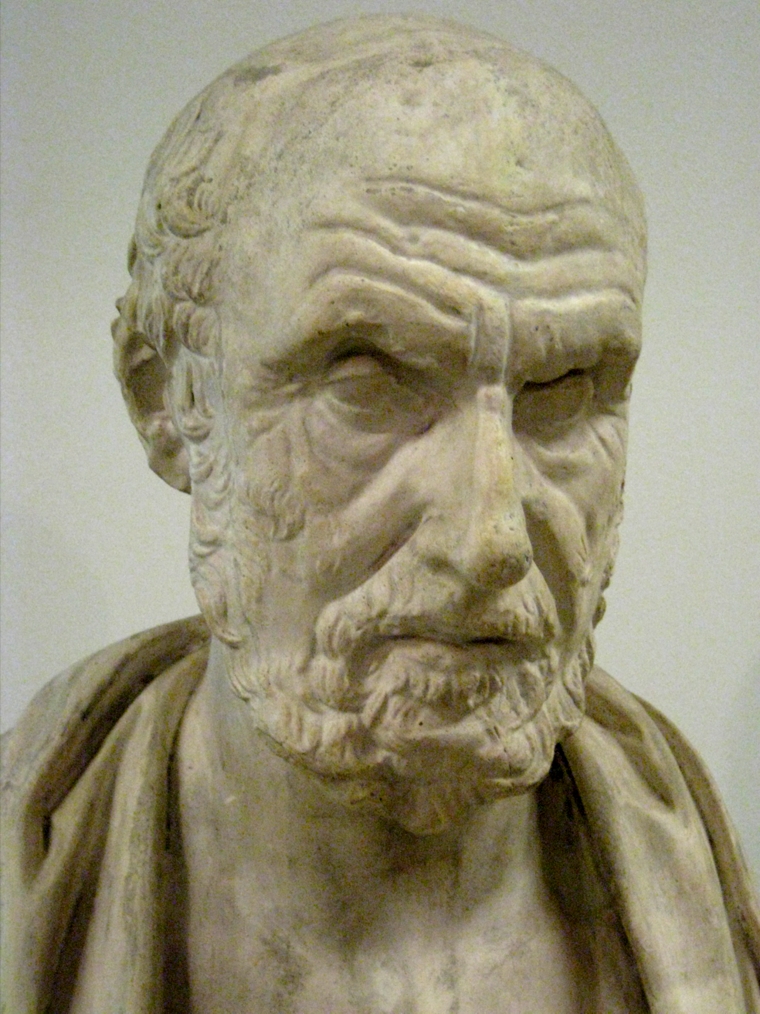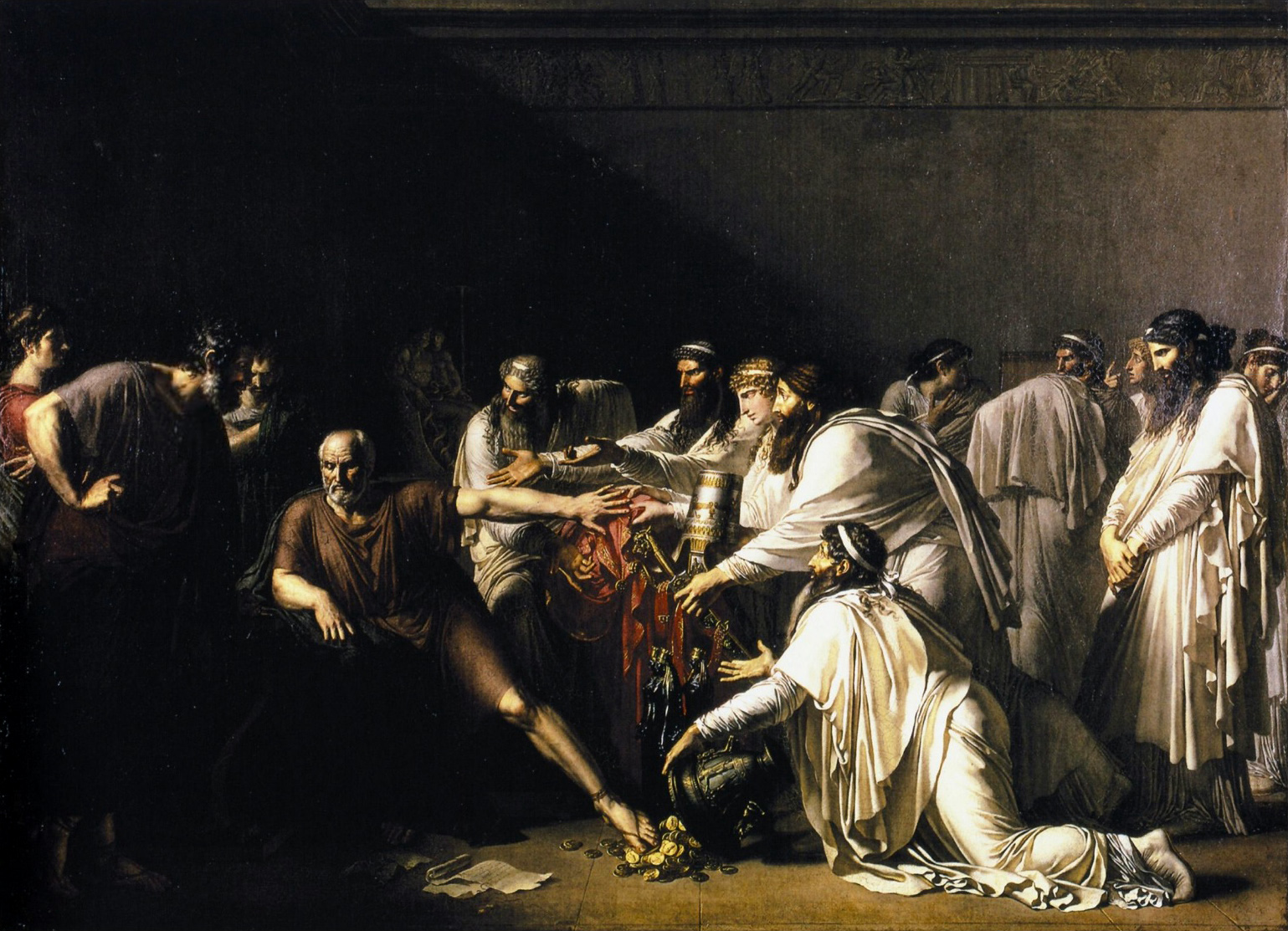Under the influence of the advanced philosophical teachings of the ancient Greeks – spontaneous materialism and naive dialectics – the advanced doctors of ancient Greece during its heyday gave new solutions to many questions of medicine: about the material causes of diseases, about their connection with the external environment, about disease as a changing phenomenon undergoing certain stages in its course, about the need to monitor the course of disease, etc. These new approaches to disease and its treatment contributed to the expansion and deepening of medical knowledge. The most prominent physician of ancient Greece was Hippocrates.

Hippocrates (460-377 BC) came from a family of physicians and, in addition to the knowledge he received from his father, studied medicine on the island of Cos. After that, Hippocrates traveled extensively, lived in Egypt, where he became acquainted with Egyptian medicine, traveled to the coastal cities of Asia Minor, visited Greek colonies on the Black Sea coast, and then practiced medicine in Greece itself. His numerous travels brought him acquainted with the achievements of ancient medicine in India, Egypt, and Asia Minor. In particular, Hippocrates became familiar with the medical knowledge of the Scythians, who lived on the northern shores of the Black Sea. He mentions the customs of the Scythians in his work “On Airs, Waters, and Places” in connection with their state of health. Scythian healers from ancient times enjoyed a high reputation among the Greeks. The medical knowledge and methods of treatment of the Scythians had a well-known influence on Hippocrates. The doctrine developed by Hippocrates on the treatment of fractures (use of traction, splints), dislocations, wounds of all kinds makes it very probable that he participated in wars as a doctor. To a young physician wishing to learn surgery, he advised him to accompany his troops on the march.
Hippocrates’ period coincided with the age of Pericles, which Marx described as “the highest inner flowering of Greece. Pericles was the recognized head of Athenian democracy. It should be remembered that this was a slave democracy, i.e., a community of free people (merchants, artisans, landowners, etc.) who owned slaves. Slaves were outside of “democracy” and not only did not have any civil rights, but in essence were not even considered human beings, but were seen as a speaking instrument. In keeping with the demands of contemporary Athenian society, Pericles promoted knowledge and the arts. The philosophers Anaxagoras and Democritus, the sculptor Phidias, the playwrights Sophocles and Euripides, the historians Herodotus and Thucydides, and many other prominent figures lived in this era. The historian Thucydides described the Athenian plague, a great epidemic during the Peloponnesian War, of which he was a participant.
From the time of Hippocrates there has come down to us a large collection of medical writings, compiled in the so-called “Hippocratic Collection”, which includes about 70 works by W. In this collection, covering a variety of medical topics, Hippocrates himself is the author of the most important parts in principle (“On Air, Water and Places”, “Prognosis”, “Epidemics”, “On Head Wounds”, “On Fractures”, etc.). Other works included in the Hippocratic Compendium were written by disciples, followers of Hippocrates, in particular Hippocrates’ son and son-in-law. This circumstance indicates that Hippocrates was not a loner in his views, but was the head of a whole movement, had like-minded people, students and followers. Most of the works included in the Hippocratic Compendium convey the views of the Coeca school of ancient Greek physicians. This made the Hippocratic Compendium an encyclopedia of the heyday of Greek medicine in the fifth to fourth centuries BC. “The Hippocratic Compendium contains extensive empirical material. It systematizes scattered observations of former physicians. The articles in “Hippocratic Compendium” describe the diseases known at that time, giving methods of recognition and treatment of diseases, supplemented by a presentation of his own methods and principles of healing. The Hippocratic Compendium reflected the interest in acute contagious diseases.




